Wipro Limited and State Bank of India (SBI) has committed today to transition their global fleets to electric vehicles (EVs) by 2030, becoming the first major Indian businesses to join The Climate Group’s global EV initiative, EV100, for accelerating the roll-out of EVs worldwide.
Wipro will begin rolling out its plan in the Indian cities of Delhi, Bangalore, Hyderabad and Pune, involving nearly 2000 vehicles, before also addressing international markets. As interim goals, the company expects to scale up the use of EVs to 500 in the next three years and 1,000 by 2023.
SBI is one of India’s largest commercial banks, with a network of more than 22,000 branches across India and 206 overseas offices spread over 35 countries. SBI will transition its vehicle fleet to EVs in major cities by 2030. As part of this commitment, the bank will also set up charging stations in major residential spaces to support the uptake of EVs by staff.
The news follows the launch of the Government of India’s National E-Mobility Program last month, which will see the purchase of 20,000 government electric vehicles. This is in line with India’s most recent stated ambition of ensuring that 30% of all vehicles on the road are electric by 2030.
Through EV100, leading businesses can help increase demand for EVs and improve the availability of charging infrastructure – currently a significant barrier to EV adoption in India. Together, this will accelerate a much-needed shift in the market, bringing down costs to make EVs more accessible for all.
Jarnail Singh, India Director, The Climate Group said, “We are thrilled to welcome Wipro and SBI to EV100. Their leadership on electric vehicles will send a strong demand signal to the market in India and beyond. We expect many more companies to follow their lead, joining hands with the government to bring about a faster roll-out of electric vehicles, boosting low-carbon economic development for all.”
Wipro has already leased around 50 EVs in Hyderabad and the National Capital Territory of Delhi. To encourage employees to use EVs, the company has also launched corporate vehicle ownership and lease programs, and installed charging points at all its major facilities in India.
Hari Hegde, Senior Vice President & Global Head of Operations, Wipro Limited said, “Integrating electric vehicles into our fleet and supporting its adoption by our employees is one of our key initiatives. We hope our commitment to enhance and promote the use of electric vehicles, which offer a cleaner alternative to the use of fossil fuels, will contribute to increased adoption of these vehicles and help improve the quality of the air we breathe in our cities.”
Prashant Kumar, Deputy Managing Director Corporate Development Officer and CSO, SBI said, “Sustainability is a large part of SBI’s business ethos. Our willingness for
transitioning to electric transport reaffirms our commitment to drive climate action solutions. We believe EV100 is destined to transform global markets and policies, and would leverage innovation to accelerate the adoption of electric vehicles. It’s crucial that all stakeholders show leadership in boosting a low carbon economy in the world.”
Today’s announcement comes as The Climate Group begins to roll out EV100 in India, following its global launch during Climate Week NYC in September 2017. A networking event hosted by The Climate Group and the World Business Council for Sustainable Development (WBCSD) in New Delhi today brought together a range of stakeholders to discuss the drivers for companies to transition to EVs through EV100, and how to deliver this on the ground through WBCSD’s new ‘REmobility’ initiative. Speakers included Wipro and IKEA as well as Amitabh Kant, CEO of The National Institution for Transforming India (NITI Aayog).
There are now 18 members of EV100 from a wide range of sectors, committed to switching to EVs across their operations globally.
This content is protected by copyright and may not be reused. If you want to cooperate with us and would like to reuse some of our content, please contact: editors@pv-magazine.com.
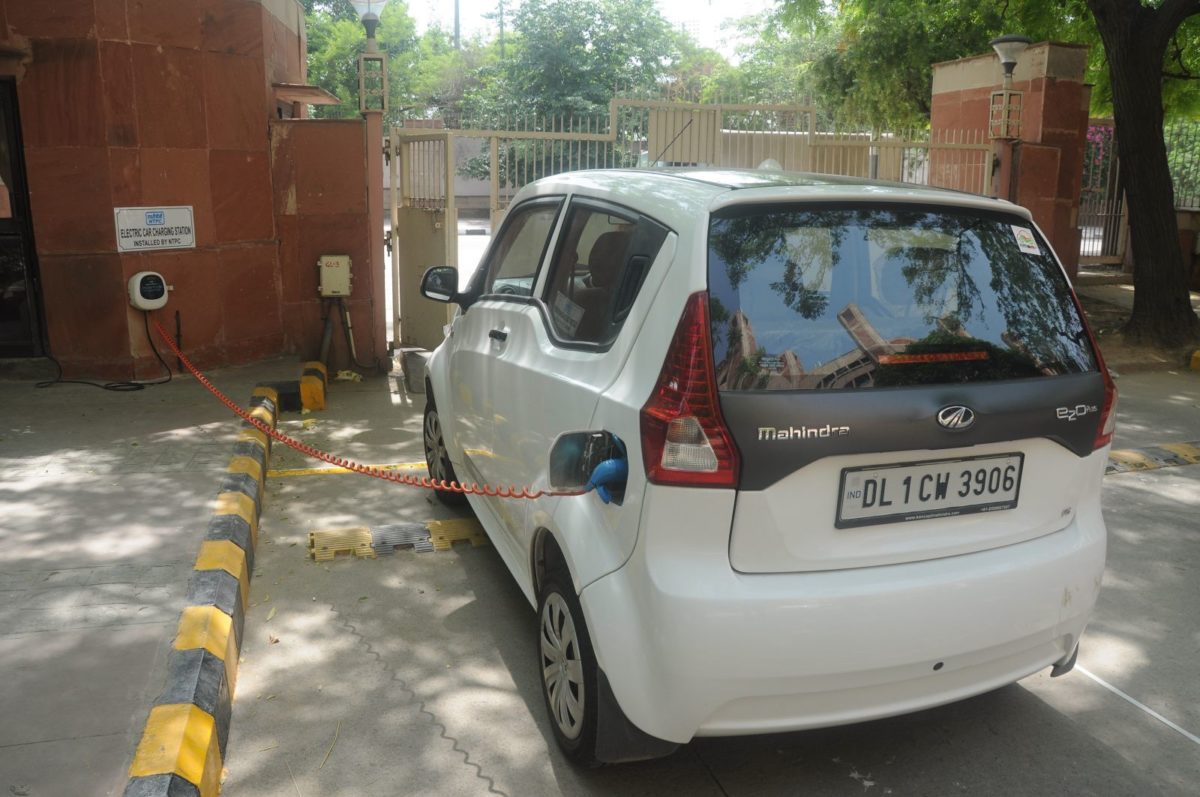
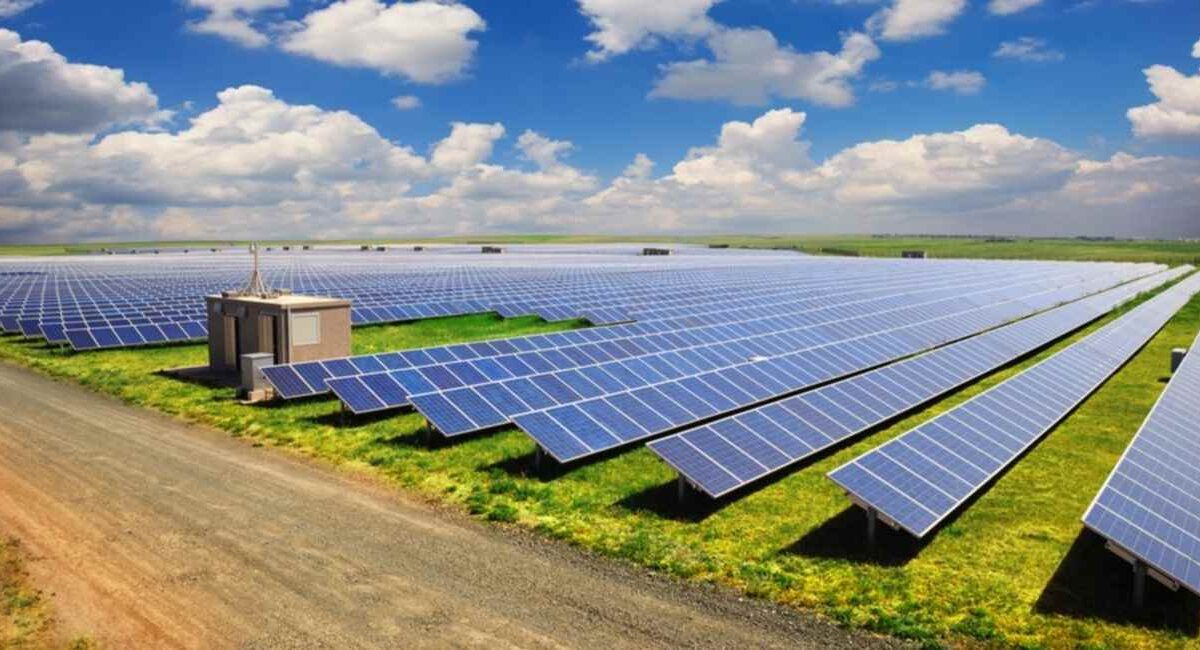

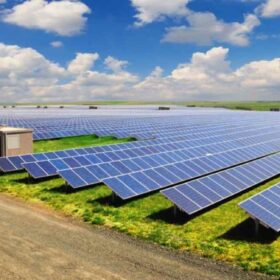
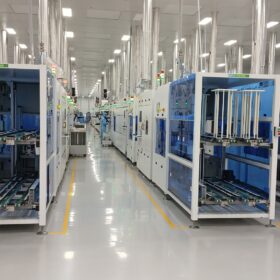
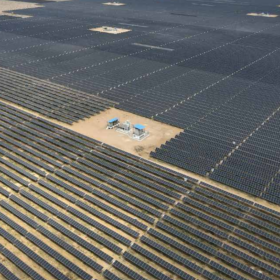
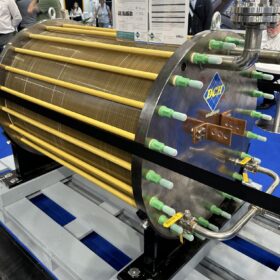
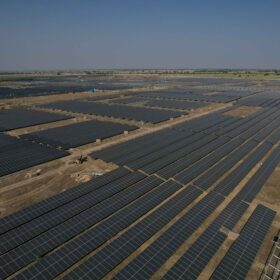
By submitting this form you agree to pv magazine using your data for the purposes of publishing your comment.
Your personal data will only be disclosed or otherwise transmitted to third parties for the purposes of spam filtering or if this is necessary for technical maintenance of the website. Any other transfer to third parties will not take place unless this is justified on the basis of applicable data protection regulations or if pv magazine is legally obliged to do so.
You may revoke this consent at any time with effect for the future, in which case your personal data will be deleted immediately. Otherwise, your data will be deleted if pv magazine has processed your request or the purpose of data storage is fulfilled.
Further information on data privacy can be found in our Data Protection Policy.